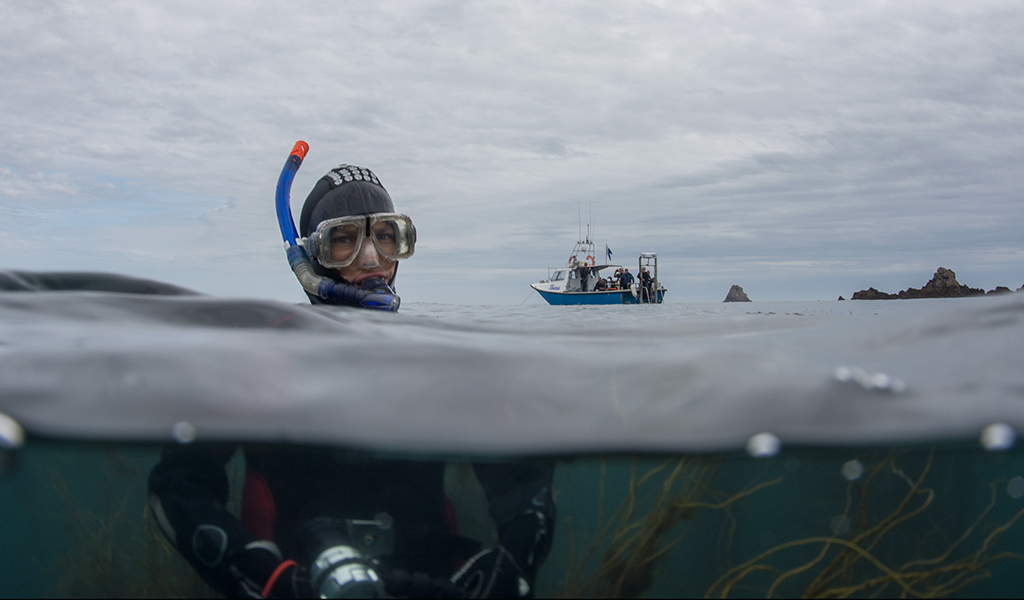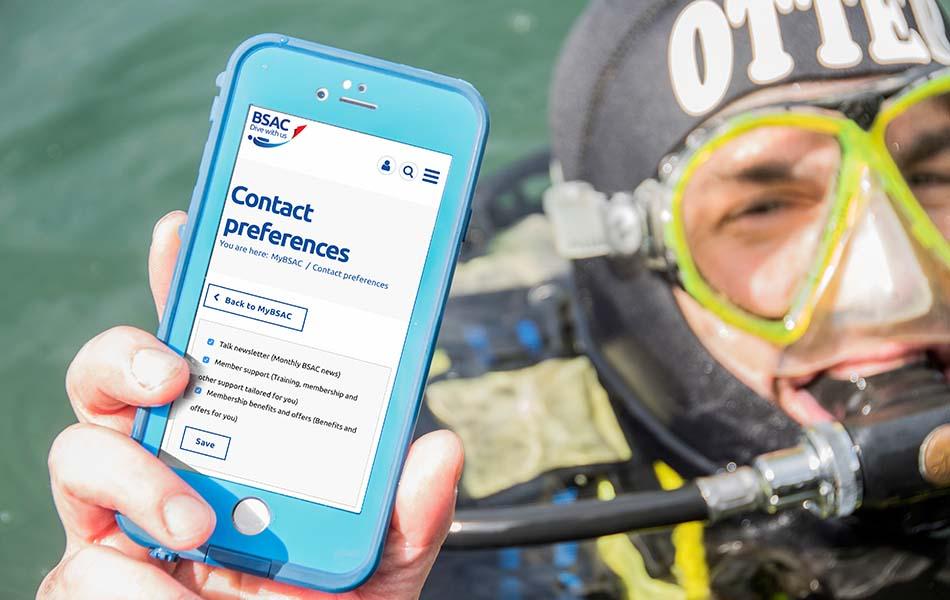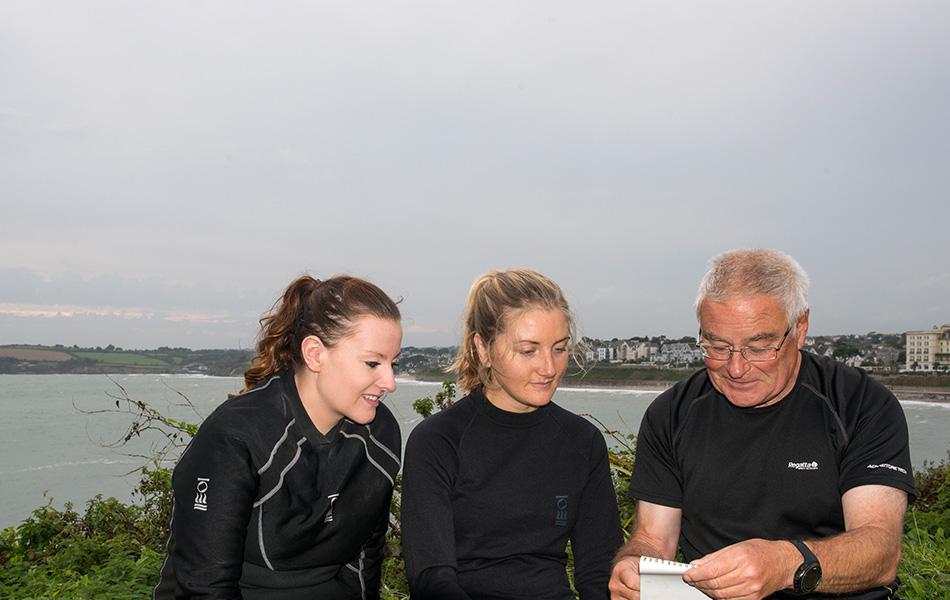
With the current restrictions on travel, 2020 is likely to be the year of the ‘Staycation’. Please keep up to date with ongoing and developing advice on both the Government and BSAC websites.
However, if circumstances will allow, let’s turn it into an opportunity to discover - or rediscover - the very best of UK snorkelling, both coastal and inland. I am sure many snorkelling groups have their own very special places and are willing to share knowledge. It can also be an opportunity to research and find new safe and interesting locations. As we wait for the water to warm up and become more inviting, we have time to get planning and make full use of the opportunities to expand our knowledge and skills. Let us hope that after a long, very wet winter, we are going to enjoy periods of good weather and calm seas spring through to autumn – I am forever the optimist...
Existing knowledge
As well as the wealth of knowledge that exists within BSAC snorkelling, there is a growth of other groups with a great interest in the marine environment who also participate in snorkelling. Around the country, we have Wildlife Trusts whose websites give a huge amount of information about the marine life and environment in their respective areas. During the summer months, some Wildlife Trusts take groups, usually young people, snorkelling in sheltered, shallow coves and inlets as a way of introducing them to marine life. Maybe they have discovered some different safe interesting locations that we are not aware of – now could be the time to find out.
Resources:
- BSAC's top UK snorkelling sites
- Discover Wildlife's UK snorkelling sites
- Finstrokes - while this site focuses around shore diving locations, there is also information about sites which can be suitable for snorkelling
Locating coastal snorkelling sites
To plan any coastal snorkelling trip, it is important to understand charts, the effects of tides and currents, and the importance of weather forecasts. For detailed snorkel site planning, it is often a good idea to look at the Ordnance Survey map for the area and make yourself familiar with the land features as well as studying the chart for the underwater features.
Information about charts, tides and weather are all an integral part of the Advanced Snorkeller course material. For those wishing to take this subject further, Regional Coaching Teams frequently run Skill Development Courses on Chartwork and Position Fixing.
Inland sites
We have many rivers, lakes and lochs which can provide interesting snorkelling. With inland locations, there is often waterside land ownership and right to access considerations. Significant research on these issues will be needed, as well as making sure there are good safe places to get in and out of the water throughout the planned dive. When inland, remember to take into account other water users such as fishermen, canoeists and those who enjoy ‘wild’ swimming.
Remember that venturing into sheltered open water areas calls for good Snorkel Diver Management.
Stay well and snorkel SAFE
Marg Baldwin
Snorkel Instructor Trainer
Find out more about snorkel training.

 Author: Marg Baldwin | Posted 20 Mar 2020
Author: Marg Baldwin | Posted 20 Mar 2020




